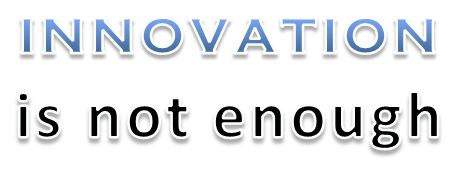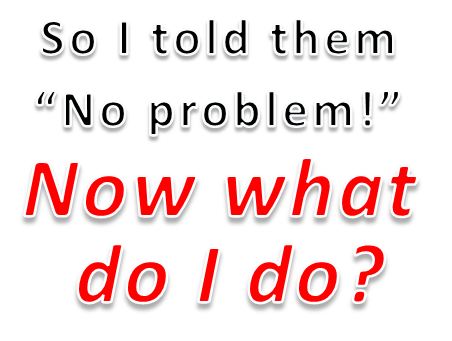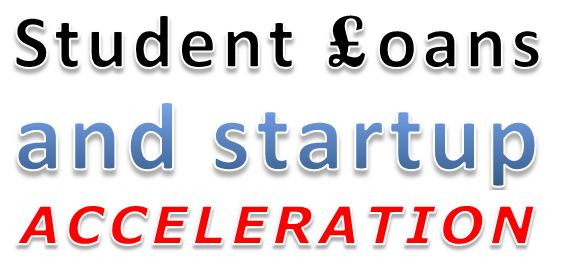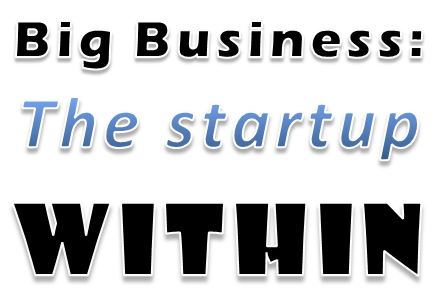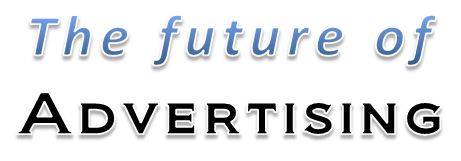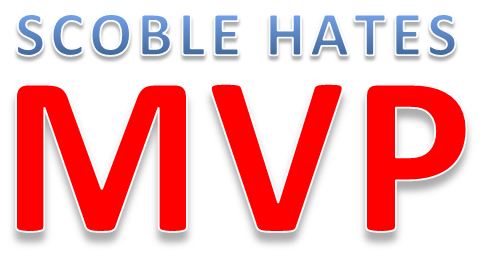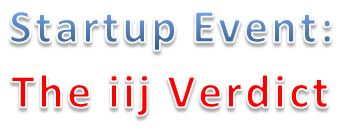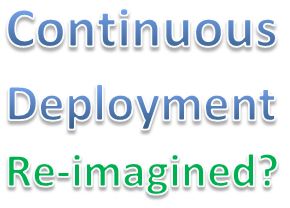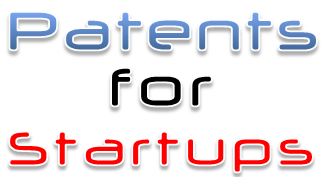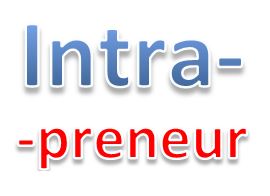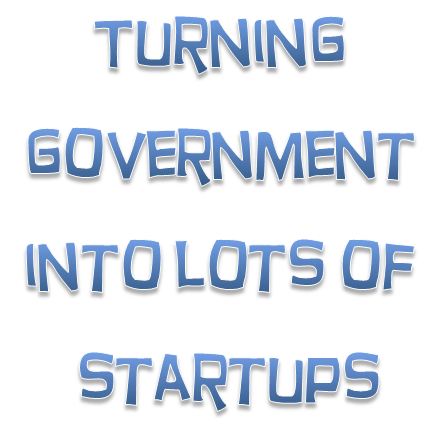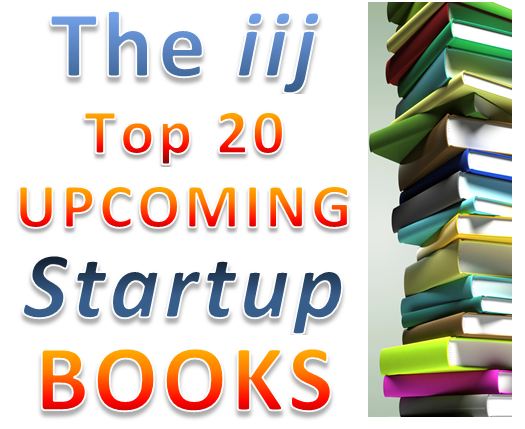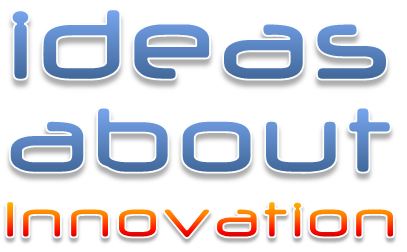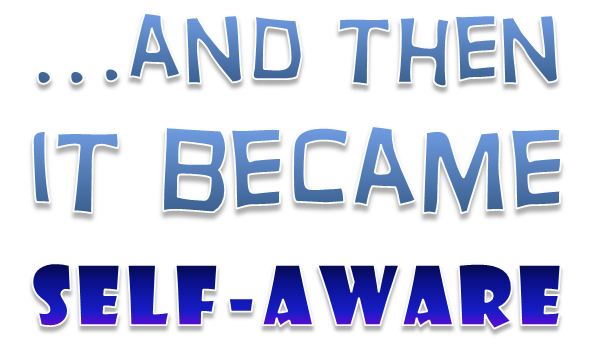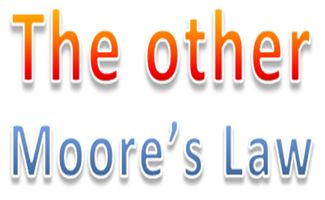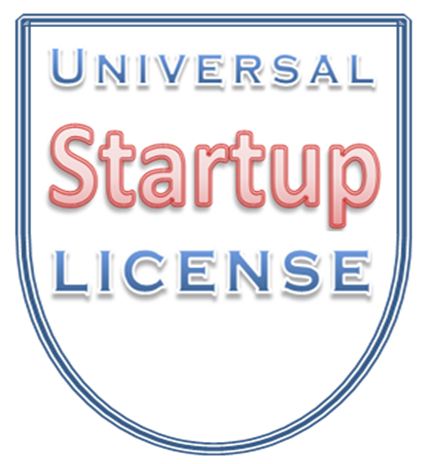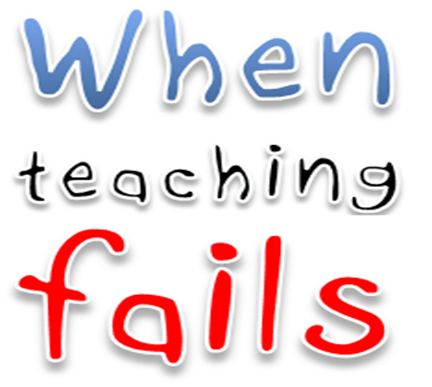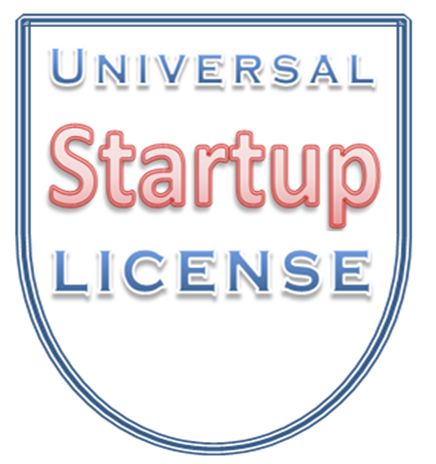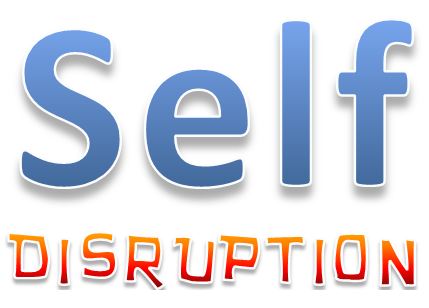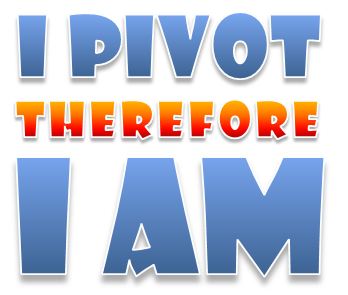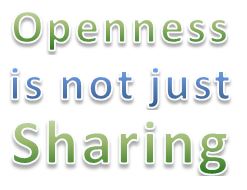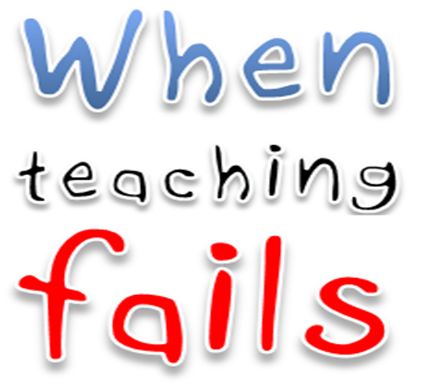iij top 20 upcoming innovation books for 2012
There’s a growing interest in introducing an entrepreneurial approach to innovation, whether its happening inside or outside the established organisation
Innovation fixation?
Are so-called ‘clone startups’ (those hoping to be acquired by the mothership after creating a successful, ‘local language lookalike’) too easily dismissed as ‘non-innovators’?
Toys as inspiration: Shrinky-Dink startup epiphanies
At 12 am one night in 2007, a revolutionary engineering idea popped into Michelle Khine’s head. The rest is history (and chemistry, physics, biotech, nanotech, solar: she seems unstoppable)
Startups: what happens when an economy completely collapses?
In places where prosperity has seemingly reigned forever, sometimes all the big employers and retailers can suddenly disappear: welcome to the startup-only economy. We probably need to start looking at places where this already exists
A scary amount of amazing innovation: Street Medicine
They often seriously hate each other, administration and street folks. But some people out there just don’t care who hates them: they help these seemingly implacable haters help each other, they save lives and they save everyone money
Need to recover from ‘startup overreach’?
Ty Danco’s ludicrously improbable but riveting tale definitely belongs in the history books, alongside AirBnB’s legendary ‘survive by literally eating your own marketing material’ yarn
Rather go blind? UI enables user to EXCEED his sighted efficiency
Justin Romack’s demo has to be slowed down quite a bit for us sighted folks watching the video
Tragic inspirational hero Randy Pausch’s muse? CMU’s drama professor
It all begins with an existential crisis: Professor Marinelli tries to Google himself (just before Google exists) and learns of the man who, in 1909, founded the futurism movement, Filippo Marinetti
Yes folks, it’s artificial artificial artificial intelligence
This is about using what The Economist calls artificial artificial intelligence (like Mechanical Turk, which uses people as artificial computers) to enhance (artificially intelligent) machine vision
Can entrepreneurialism be automated?
If Artificial Intelligence is going to automate the world’s entire workforce, we’re all going to need to give up any hope of employment and become startup entrepreneurs and innovation investors instead. They couldn’t possibly automate those, could they?
Should the UK government convert student debt into startup equity?
If much higher-than-expected numbers of students join the ranks of the long-term unemployed, most student loans are going to remain unpaid indefinitely. Is the risk of student unemployment higher than the risk of failure for a startup accelerator-boosted founder?
Post-exit startups: the friendly ghost in the job-creation machine
A new report by the US Bureau of Labor Statistics is being mistakenly interpreted as showing that startups are creating fewer jobs. This view somehow manages to completely ignore those odd things investors call ‘exits’.
Online display ads that hardly anyone hates: just a dream?
Even if you don’t know what on earth a Demand-Side Platform (DSP) is, this panel video offers fascinating insights into the latest things that are keeping people in the online display ad world awake at night
Accelerators vs. incubators: an alumni panel debate video
Startups from Y Combinator, TechStars, Dave McClure’s 500 Startups and Idealab tell us what life feels like, including being rejected by Y Combinator and successfully reapplying!
Metagamification in Minecraft
Just trying to describe why over two million viewers think this frivolous-looking video is jaw-dropping will inevitably come out sounding like gobbledygook to all but those who already fully appreciate the sensational breakthrough it represents
No, it wasn’t “touch” that Jobs saw in that first demo
Touch screens had already been around for ages on that day in 2005. He was well aware that if you had just put one on a phone, it wouldn’t have been worthy of the Apple logo
Has Scoble suddenly turned anti-Lean Startup?
He just said: ‘I hate the term “minimal viable product.” That’s like telling me “we’re shipping without any features because, well, our investors and advisors told us to ship and fix the product later.”
What do we really know about startup acceleration mentoring?
Investors treat ‘startup founders entrepreneurial inexperience’ as an occupational hazard. Accelerators ‘parachute-in’ entrepreneurial experience in the form of ‘startup acceleration mentors’. Isn’t it time to ask some big questions about this?
Khan Academy 2.0?
After my initial TED-talk-inspired enthusiasm, I became seriously disheartened by the seemingly unanswerable criticisms of Khan Academy’s fairly unadventurous ‘talk and chalk’ style tutorial videos as not really representing a genuine step forward in education. But…
iij Post-conference report on PitchLive London 2011
Overall verdict: a bit of a ‘best kept secret’, offering more than enough insight into less-widely covered sectors of the startup investment scene to justify watching out for next year’s event
Innovation competitions: why we need more of them
We’d all be forgiven for imagining that TechCrunch Disrupt and the DEMO Conference were the only regularly held innovation competition events worth talking about, as far as the tech media were concerned. So imagine my surprise…
Lean Startup, but without Eric Ries?
“There are venture firms here in The Valley that won’t even fund a company unless they employ lean startup methodologies”
The new iij top 20 upcoming lean books
At least five of these forthcoming titles major on a healthcare or safety aspect, illustrating just how far this particular management approach has come from its original niche
Calacanis: I’ve never filed any patents
Jason ‘Mr. Startups’ Calacanis may not do patents, but he has just done an episode of his weekly TV show where he brought in a seasoned patent attorney and a prolific inventor to take us through the latest developments on the US patent scene
What’s it like when outside the box is inside the box?
Intrapreneurship is not for the fainthearted. Inside established organisations, officially-sanctioned bastions of executive dragon slaying can sometimes be found, filled with fearless risk-takers discretely licensed to systematically shred the company rulebook in their tireless search for innovation
Bill Gates in a TV trivia contest with tech legends Doerr, Alsop, Kapor, Joy and Frankston
Computer Bowl 1990, pitting the East Coast against the West Coast (apologies to any other legends present but not listed above)
Should government turn everything it doesn’t want to do into a startup?
Government is understandably fed up with being blamed by society when it doesn’t handle things perfectly, so it wants to be seen to be handing at least some of the responsibility for doing things back to society, but…
Computation: digital today, analog tomorrow?
Nature chuckles at our feeble, stumbling efforts at computation. Its analog computing resources effortlessly deliver dazzling practical intelligence at microscopic scale with zero tolerance for wasted power
The iij Top 20 upcoming startup books, fall 2011
The range of startup titles has expanded dramatically this year, and whatever economic surprises may be in store for us in 2012, this particular sector is looking unstoppable.
Are Silicon Valley VCs really in decline?
The move away from traditional VCs to Angels features strongly in talk about startup investment. So this seemingly contrary view from the very heart of Silicon Valley is intriguing
Just before the Mac is born, a strange request from Steve Jobs
He asked some industrial designers to come up with something that was “Bob Dylan songs”. His cryptic demands have been described as ‘intentionally unreasonable’. But maybe that’s why they worked
What can you see at a trillion frames per second?
At that speed, you can see things that you shouldn’t be able to see at all, things that the camera isn’t actually pointing at. Wherever light has been, as it bounces around our world, it can tell us a story about its journey, letting us ‘see around corners’
Has the last fence fallen? Outperforming human emotional sensitivity
Computers understand us if we talk to them as if they were stupid. But when humans talk to each other, we talk in complex social riddles that have always left computers utterly confused about our intentions. Until now.
Non-startups doomed by The Innovator’s Dilemma? This particular Moore’s Law says NO
What do you do when your own disruptive new ideas bump into The Innovator’s Dilemma in the large organisation that you work in? Geoffrey ‘Crossing The Chasm’ Moore thinks that this is not necessarily ‘game over’ after all
Steve Blank feels immigration can build Silicon Valleys everywhere
“What do you want to do here?” Get a job. “Sorry, but you’ll need to go straight back home right now, next please. So, what do you want to do here?” Start a business, employ people “Great! please sit over there with the others”
Is the written word holding back mathematics teaching?
Are astonishing recent successes with word-free math teaching making a mockery of the traditional textbook approach?
Student loans: why only for colleges and not for startup accelerators?
Startup mentoring is education. Why can’t existing government-backed student loan schemes be extended to include startup founders attending accredited startup accelerator programmes?
Is the right to found a startup a basic human right?
Is prohibiting this pursuit an infringement upon the freedom of the individual? Should we make this something that anyone should be able to do, wherever they are in the world?
How to survive disruption by being your own worst enemy
Why not create an independent fund with a mission to found startups which are exclusively aimed at disrupting your core business?
Failure to prepare users: why is this still happening?
From the ‘this shouldn’t be innovation, but unfortunately…’ department. You need to be able to answer all of these questions. Don’t wait for the users to ask them
Gimmicks: innovation gone wrong, or just critics being rude and short-sighted?
When we call something a gimmick, we’re describing a feature which seems unimportant to us. But we can be so very wrong
What if startup ideas didn’t matter to investors?
Would you invest in founders pitching a project that you didn’t really believe in, for reasons you didn’t tell them about?
Tearing sharing to pieces: why openness is about more than sharing
Sharing is useful, right? Motherhood and apple pie, surely? The stampede of sacred cows being ruthlessly sacrificed in this extraordinary video bonfire of academic vanities lends it an intoxicating but perhaps far too beefy aroma for some
Three quarters of a billion educationally deprived early learners worldwide: unacceptable, maybe unnecessary
Educational miracle worker Sugata Mitra doesn’t take on small challenges. His original breath-taking discoveries overturned everything we knew about early self-teaching. He’s back with enough equally shocking, more recent findings to justify you watching for fifty minutes.
Exchanges for startups: no longer just pre-IPO, maybe ‘post IPO era’
The investors need to be wealthy ($1m+) and few (maximum 500) and the business too small to IPO. Facebook tore that last rule apart. What if the other rules are also eventually relaxed?
What are video games turning us into?
Monsters, zombies, heroes or villains: which of these will we become if video games turn out to be shaping the character of future generations?
A game where humans can beat IBM’s Jeopardy-winner?
It would have no problem with repetition, but it might find avoiding hesitation difficult and preventing accusations of deviation pretty much impossible
Was there ever anyone who naturally spoke like Spock?
A non-fictional man who would only speak using formal logic, a founding genius of computer science. Like Spock, he was much stranger than any ordinary alien. A student of his tells a disturbing story about a different but highly relevant kind of alienation.
Startup acceleration: what on earth does that really mean?
Is it just about speeding up the rate at which startups emerge, or making them grow faster, or just unintentionally hurrying them on to an earlier demise?
Agile methodology applied to non-technology: success shock!
Arts authorities caught publicly admitting to experimenting with ditching the ‘waterfall ‘ approach (where committees endlessly prepare vast unread(able) reports before anyone even considers trying anything new) only to discover that they can get strategic projects done quickly and well after all. Gasp!


